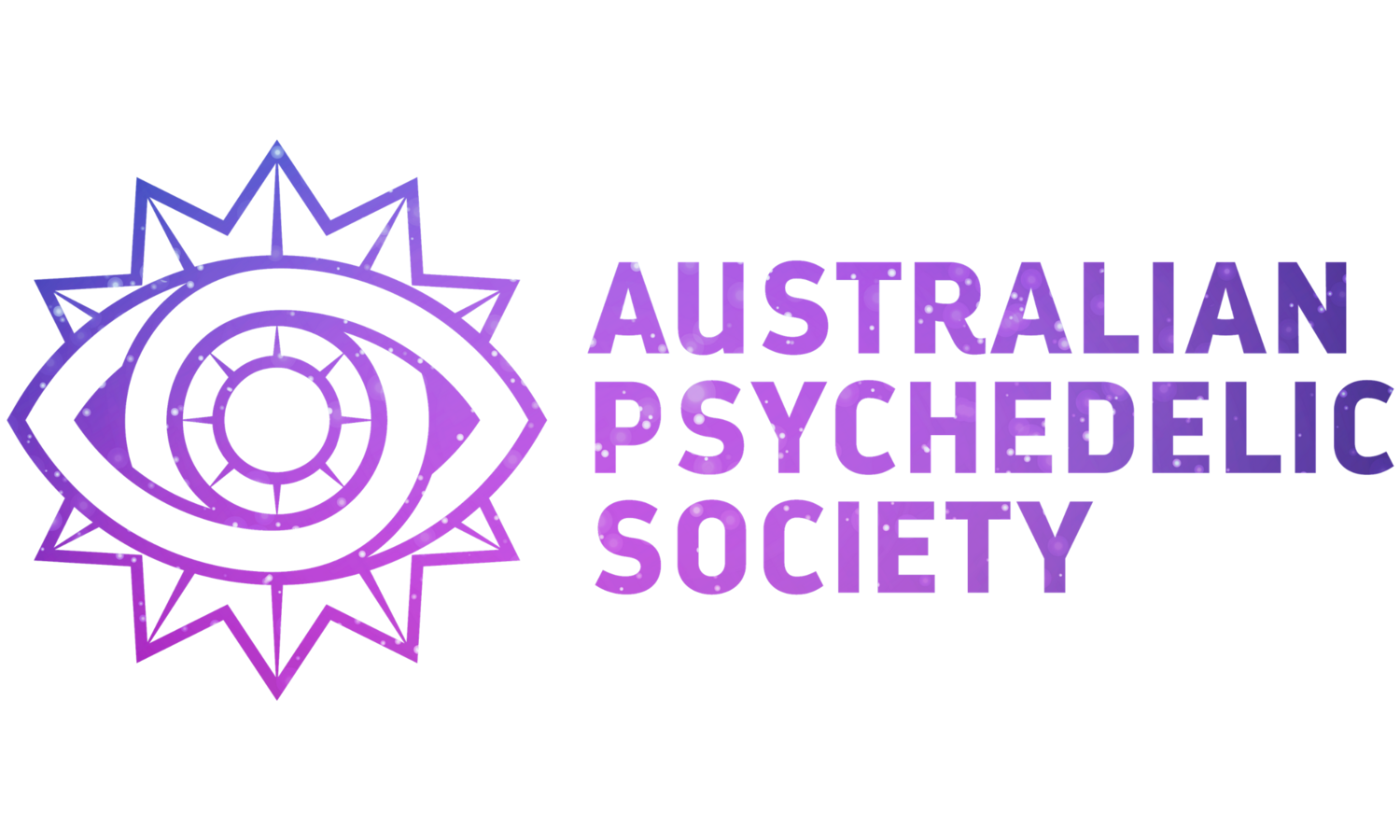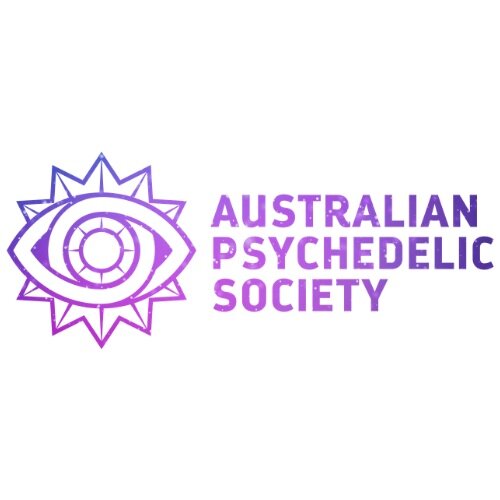How does MDMA work for PTSD?
A review of MDMA-assisted psychotherapy for post-traumatic stress disorder.
3,4-methylenedioxymethamphetamine (MDMA)-assisted psychotherapy for post-traumatic stress disorder (PTSD) has been gaining international attention over recent years. PTSD is considered a severe mental illness that has been linked to high rates of mortality and suicide. The selective serotonin reuptake inhibitors (SSRIs, i.e., antidepressants), paroxetine and sertraline, are the only drugs that have been approved for the management of PTSD symptomatology. Meta-analyses have found SSRIs to produce small effect sizes, with sertraline’s being no greater than placebo. The network meta-analysis by Cipriani and colleagues (2018) also found that compared to controls, the participant dropout rates were higher in the treatment groups. Moreover, according to Feduccia et al. (2019), the first-line psychotherapeutic approaches (i.e., eye movement desensitisation, cognitive processing therapy, and prolonged exposure) have produced dropout rates upwards of 68%.
MDMA is currently classified as a Schedule 9 controlled substance in Australia, indicating no medicinal benefit and a high potential for abuse. MDMA is a stimulant-psychedelic in the category of substances known as phenethylamines; it is considered an entactogen, due to properties promoting empathy, compassion, prosocial behaviour, connectedness, and an enhanced ability to tolerate difficult memories. Moreover, MDMA-assisted psychotherapy trials have failed to detect cognitive impairments. Feduccia et al. (2019) highlight that earlier research conducted in this area was often retrospective in nature and involved populations of polydrug users who used street ecstasy, which is known to be tainted with other substances. The authors further ascertain that some research has found MDMA to increase neuroplasticity (i.e., the growth of new neural connections in the brain) by way of the brain-derived neurotrophic factor. Neuroimaging studies have found MDMA to decrease activity in the amygdala, which is commonly referred to as the “fear centre”, and to increase activity in areas of the brain involved with complex cognitive behaviour.
In their 2019 MDMA-assisted psychotherapy for PTSD review paper, Feduccia and colleagues highlighted the many benefits of this controversial therapeutic approach. According to the authors, the therapeutic action of MDMA is thought to be influenced by its ability to extinguish fear, promote therapeutic rapport and social reward, assist with memory reconsolidation, and bolster an individual’s ability to tolerate distress. These factors are particularly beneficial in PTSD populations, who experience symptoms of hypervigilance and emotional avoidance.
MDMA-assisted psychotherapy typically consists of up to three doses of MDMA and twelve non-drug sessions. The therapist’s role is to support the patient in coming to terms with difficult emotions, a process that is largely considered to be non-directive. The authors further contend that to assist with integration, participants are encouraged to engage in creative tasks, including journaling and artwork.
MDMA-assisted psychotherapy for PTSD was granted breakthrough therapy designation in 2017 by the Food and Drug Administration. This means that researchers had to demonstrate significantly superior results in comparison to the current available treatment options. This designation was predicated on six randomised controlled trials. The overall findings of this research concluded that effective doses ranged between 75-`125mg. Moreover, a qualitative follow-up study of one of the six randomised controlled trials found that 100% of participants endorsed enhanced self-awareness, participation in novel pursuits, better quality of life, and a reduction in PTSD symptoms. In contrast to SSRI therapy, which requires a minimum of two weeks of daily dosing, the MDMA-assisted psychotherapy research detected rapid clinical responses after a single session, with results maintained at long-term follow-up. Compared to traditional pharmaceutical treatments, the MDMA research also produced lower dropout rates. Moreover, there may be significant benefits to safety. For example, unlike SSRIs, which are self-administered, MDMA is taken in a psychotherapeutic environment under the guidance of trained professionals. This limits the possibility of medication interactions and overdose. Safety was also demonstrated by the Phase 2 research that detected low rates of recreational MDMA use between the completion of therapy and twelve-month follow-up.
In light of these findings, in November 2018, the Multidisciplinary Association for Psychedelic Studies (MAPS) initiated Phase 3 clinical trials of MDMA-assisted psychotherapy. In other words, researchers are now comparing this form of therapy to the standard of care drug. MAPS and the FDA have agreed on two multi-site Phase 3 clinical trials to be conducted across North America and Israel, involving 200-300 participants.
Strong evidence from the international research on MDMA-assisted psychotherapy for PTSD highlights the need for these trials to be initiated across Australia. While research is limited, there is currently one open-label trial being conducted by Psychedelic Research in Science & Medicine (PRISM) at Edith Cowan University. PRISM is a not-for-profit charity heavily involved with the initiation and coordination of psychedelic-assisted psychotherapy research trials. They are currently assessing the feasibility and safety of MDMA-assisted psychotherapy in four Western Australian adults with chronic treatment-resistant PTSD. Several safety measures were put in place, such as the exclusion of individuals with specific medical and mental health issues. This research project is supported by MAPS and MAPS Public Benefit Corporation. In 2012, with the support of MAPS and PRISM, a team of Australian researchers tried initiating a randomised placebo-controlled Phase 2 pilot study of MDMA-assisted psychotherapy in war veterans with treatment-resistant PTSD in Melbourne, Victoria. Unfortunately, the Deputy Vice-Chancellor of a Victorian University rejected the proposed study before it reached the Human Research Ethics Committee. There is, however, an open-label safety and efficacy trial of MDMA-assisted psychotherapy for severe PTSD currently being proposed by Monash University.
It is important to note that the above-mentioned benefits of MDMA were detected from research conducted by highly trained mental health professionals who utilised MDMA as a therapeutic aid to enhance the effects of treatment. When used recreationally, psychedelics have a greater likelihood of producing adverse events. Thus, while it is important to continue breaking down the stigma surrounding psychedelics, the public is encouraged to exercise due diligence.
Written by Dr. Shevaugn Johnson
References
Barone, W., Beck, J., Mitsunaga-Whitten, M., & Perl, P. (2019). Perceived Benefits of MDMA-Assisted Psychotherapy beyond Symptom Reduction: Qualitative Follow-Up Study of a Clinical Trial for Individuals with Treatment-Resistant PTSD. Journal of Psychoactive Drugs, 51(2), 199-208.
Bright, S., Williams, M., & Caldicott, D. (2017). Should addiction researchers be interested in psychedelic science? Drug and Alcohol Review, 36(3), 285-287.
Cipriani, A., Williams, T., Nikolakopoulou, A., Salanti, G., Chaimani, A., Ipser, J., . . . Stein, D.J. (2018). Comparative efficacy and acceptability of pharmacological treatments for post-traumatic stress disorder in adults: A network meta-analysis. Psychological Medicine, 48(12), 1975-1984.
Emerson, A., Yazar-Klosinski, B., Jerome, L., Doblin, R., Mithoefer, M.C, & Feduccia, A.A. (2019). Breakthrough for Trauma Treatment: Safety and Efficacy of MDMA-Assisted Psychotherapy Compared to Paroxetine and Sertraline. Frontiers in Psychiatry, 10, 650.
Hendricks, P. S., Thorne, C. B., Clark, B. C., Coombs, D. W., & Johnson, M. W. (2015). Classic psychedelic use is associated with reduced psychological distress and suicidality in the United States adult population. Journal of Psychopharmacology, 29(3), 280-288.
Hoskins, M., Pearce, J., Bethell, A., Dankova, L., Barbui, C., Tol, W.A., . . . Bisson, J. (2015). Pharmacotherapy for post-traumatic stress disorder: Systematic review and meta-analysis. British Journal of Psychiatry, 206(2), 93-100.
Mithoefer, M. C., Mithoefer, A.T., Feduccia, A.A., Jerome, L., Wagner, M., Wymer, J., . . . Emerson, A. (2018). 3, 4-methylene-dioxymethamphetamine (MDMA)-assisted psychotherapy for post-traumatic stress disorder in military veterans, fire-fighters, and police officers: A randomised, double-blind, dose-response, phase 2 clinical trial. The Lancet Psychiatry, 5(6), 486–97.

